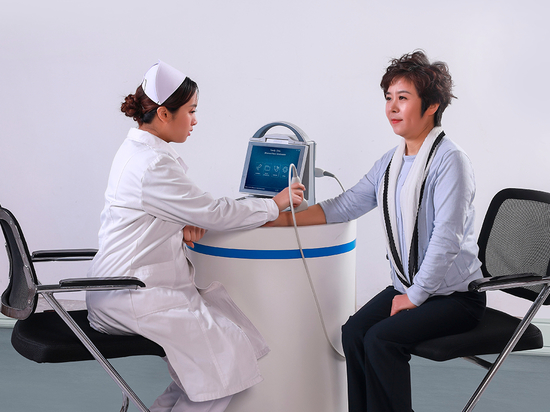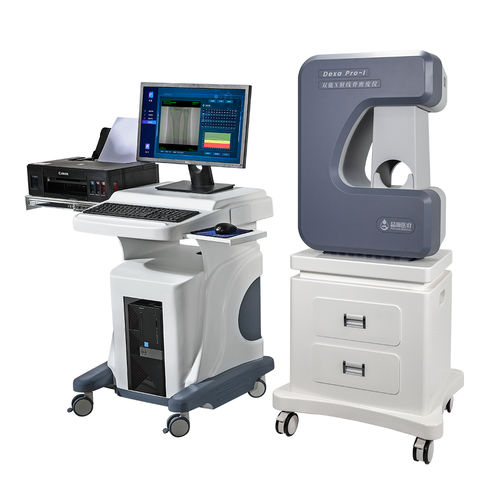
#Industry News
Physical examination after the age of 60, do these 5 checks can be done, there is no need to do everything
Physical examination for 60-year-old man before physical examination bone density routine physical examination blood lipids blood pressure blood sugar electrocardiogram gastroenteroscopy
As we age, our physical functions gradually decline, and various chronic diseases and potential health risks also increase.
For people over 60 years old, regular physical examination is an important way to prevent and detect diseases early. However, many people may feel lost and overwhelmed when faced with the vast array of inspection items.
In fact, not all inspection items need to be carried out one by one, the key is accurate selection.
After the age of 60, these five items can not be less
1. Routine physical examination items
Routine physical examination covers a series of examination items, including the basic physical examination of the department of medicine and surgery, ENT and ophthalmology, as well as the routine analysis of blood and urine, blood pressure, blood glucose and lipid levels, thyroid function assessment and many other biochemical tests.
2. Liver and kidney function test
Liver and kidney are important metabolic and excretory organs of the human body, and their functional states directly affect the health of the body.
With the increase of age, liver and kidney function gradually decline, vulnerable to drugs, diseases and other factors.
Through regular liver and kidney function examination, abnormal changes in the liver and kidney can be detected in time, such as hepatitis, cirrhosis, renal insufficiency, etc., to provide strong support for early treatment.
3. Bone density test
Osteoporosis is a common bone disease in the elderly, which can easily lead to serious consequences such as fractures. Bone mineral density examination is an effective method to evaluate the degree of osteoporosis.
Older people after the age of 60, especially women, have a significantly increased risk of osteoporosis due to decreased estrogen levels.
Therefore, regular bone density examination, timely detection of osteoporosis, and corresponding prevention and treatment measures are essential for maintaining bone health.
4. Electrocardiogram examination
Electrocardiogram (ECG) is an important means to evaluate cardiac function. With the increase of age, the heart function gradually declines, prone to arrhythmia, myocardial ischemia and other problems.
Through electrocardiogram examination, the abnormal changes of the heart can be found in time, which provides a strong basis for early treatment.
Especially for the elderly who have a history of heart disease or have symptoms such as palpitation and chest tightness, ECG examination should be carried out regularly.
5. Gastroenteroscopy
Gastroenteroscopy can directly observe the internal conditions of the gastrointestinal tract, which is not only used for diagnosis, but also provides an important basis for treatment. For example, after a polyp is found, it can be removed directly under the endoscope to prevent it from further developing into a tumor.
For the elderly with gastrointestinal symptoms or family history, it is recommended to perform gastroenteroscopy to rule out diseases such as digestive tract tumors.
This is what you need to prepare for your physical exam
Three days before the physical examination to eat light, avoid alcohol, can not stay up late; On the day of the physical examination, it is necessary to empty stomach, do not carry out strenuous exercise, and maintain a good state of mind.
On the day of the physical examination, you should choose loose, easy to wear and take off clothes, avoid wearing tight clothes or clothes with metal decoration, so as to carry out electrocardiogram, X-ray and other physical examination items.
Patients with chronic diseases such as antihypertensive drugs and heart drugs should consult their doctor before a physical examination to see if they need to stop taking the drugs.
For non-essential drugs, it is recommended to stop before the physical examination, so as not to affect the test results. Other patients who can suspend the medication should carry the necessary drugs and take the medication in time after the completion of the fasting test.





